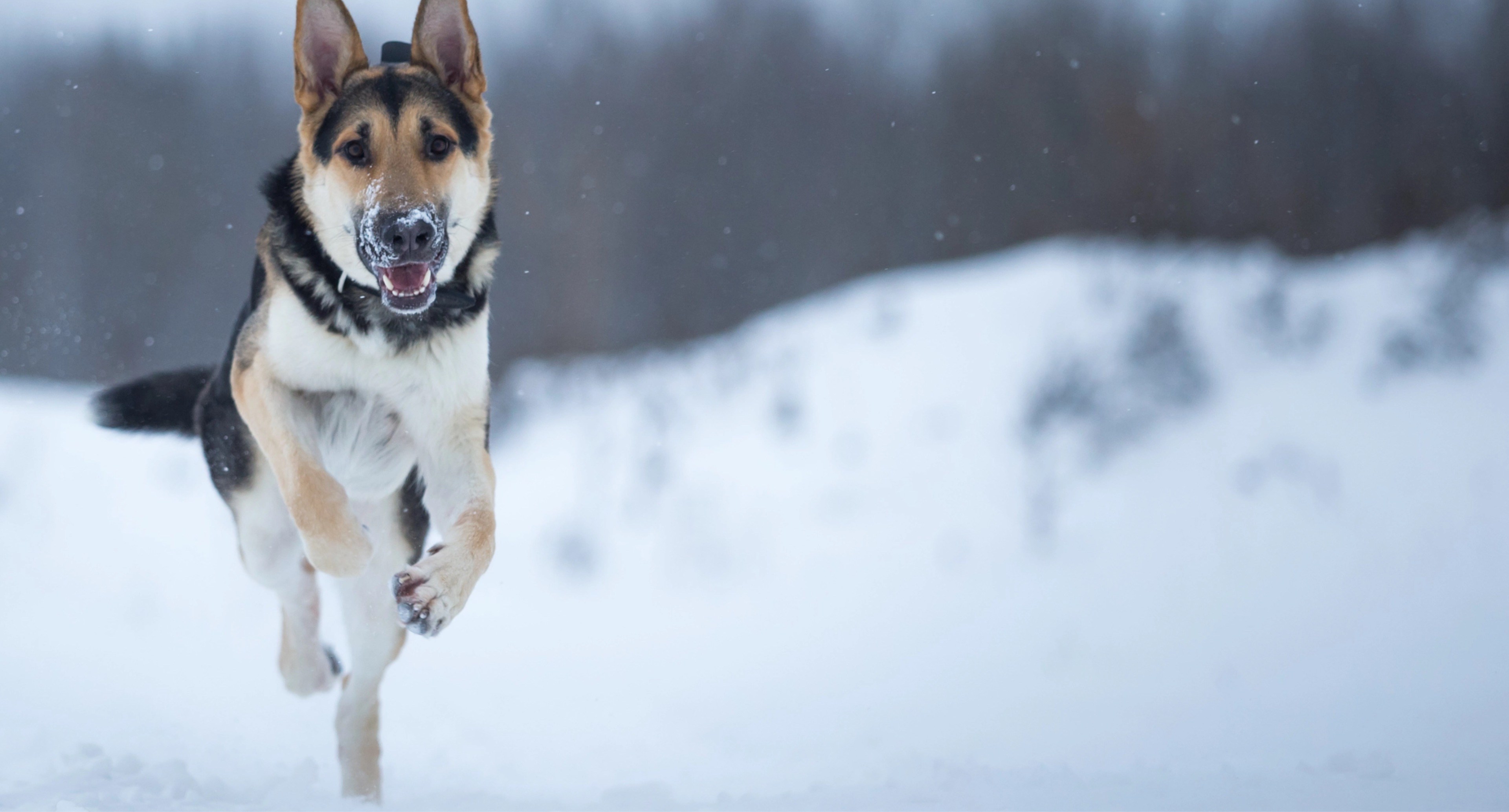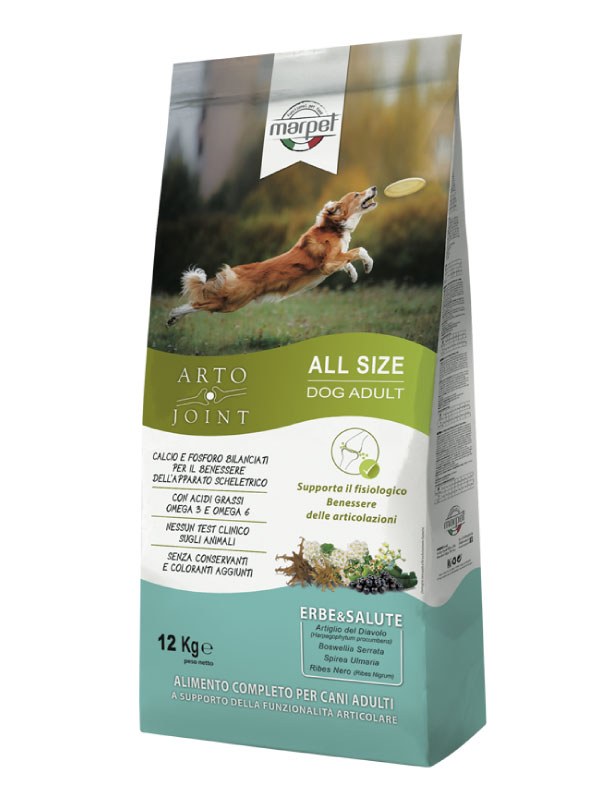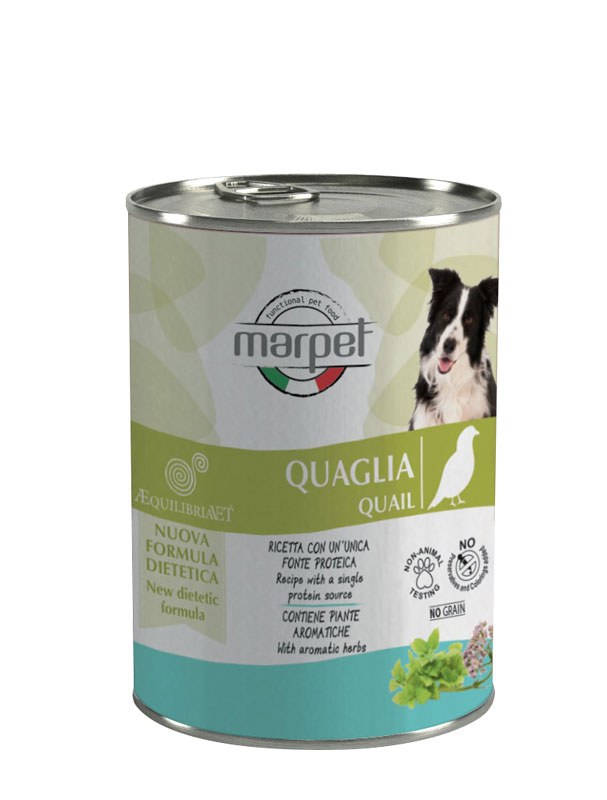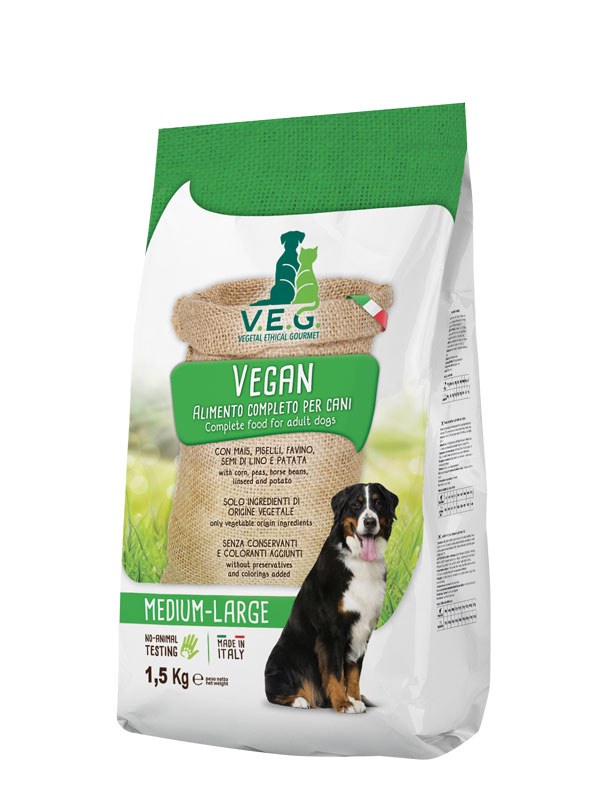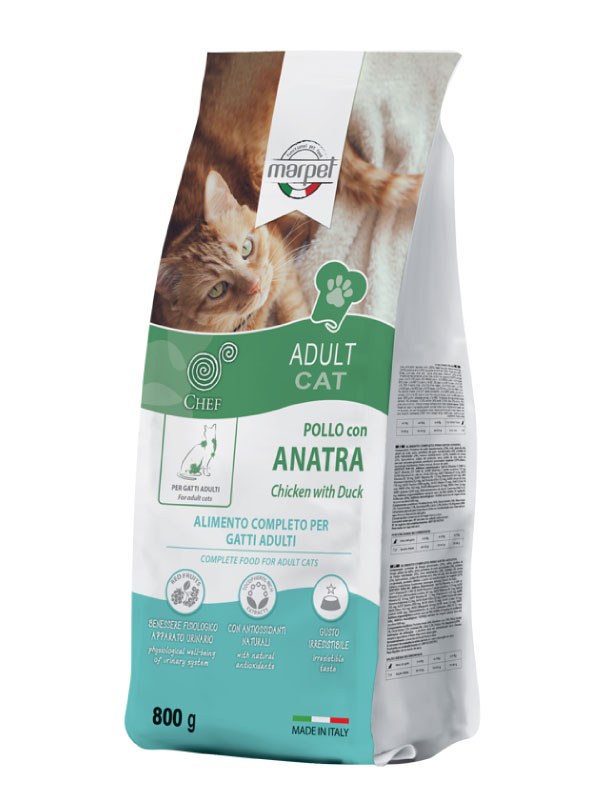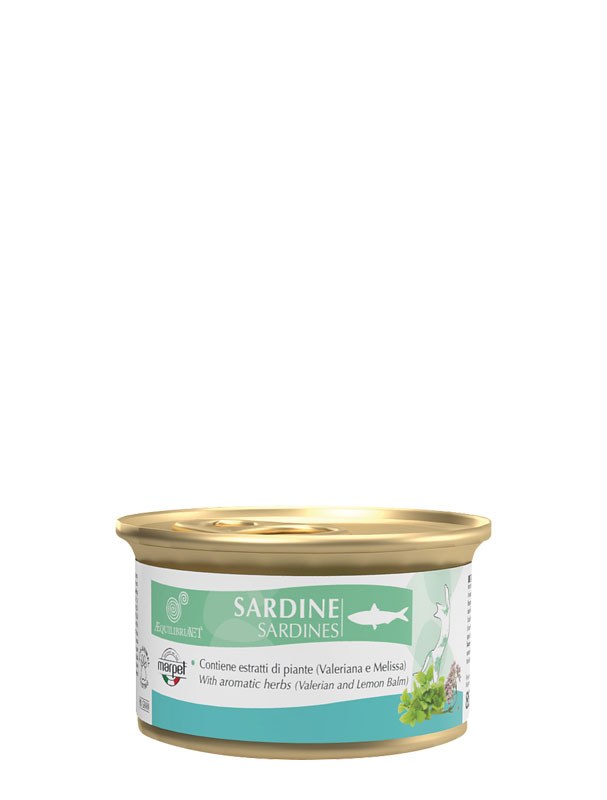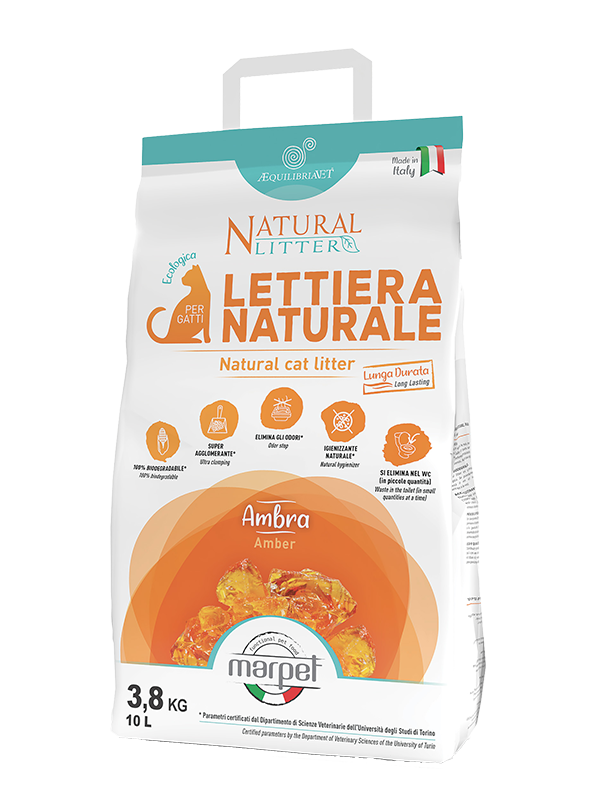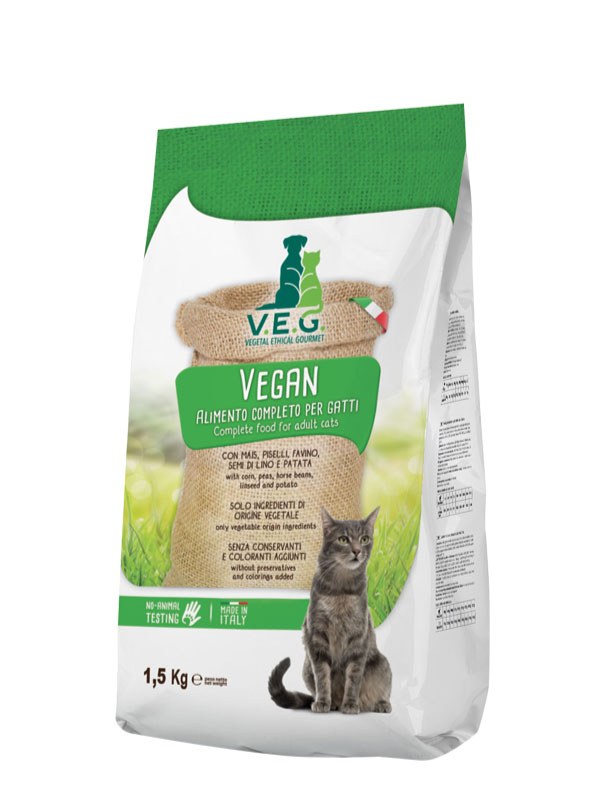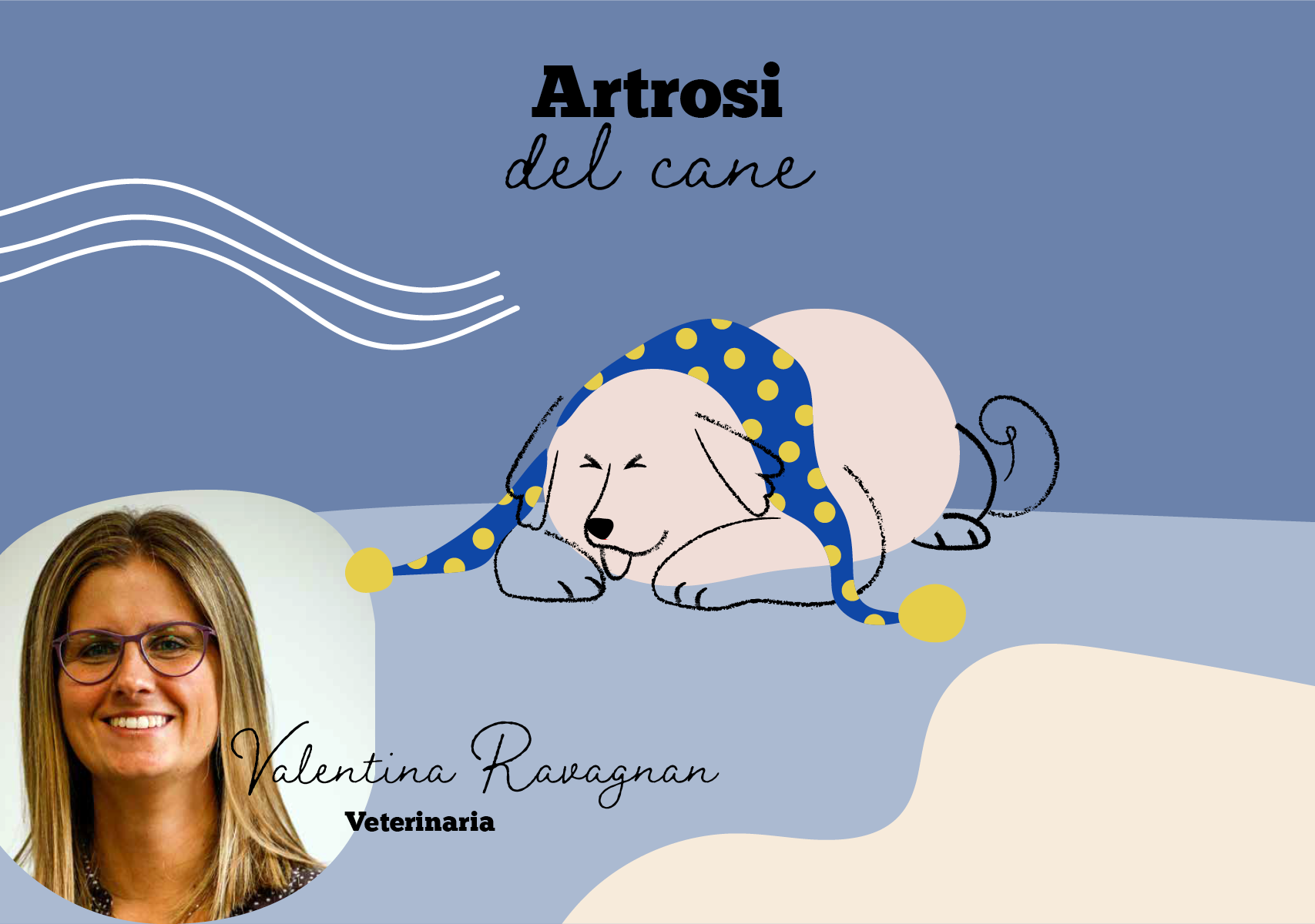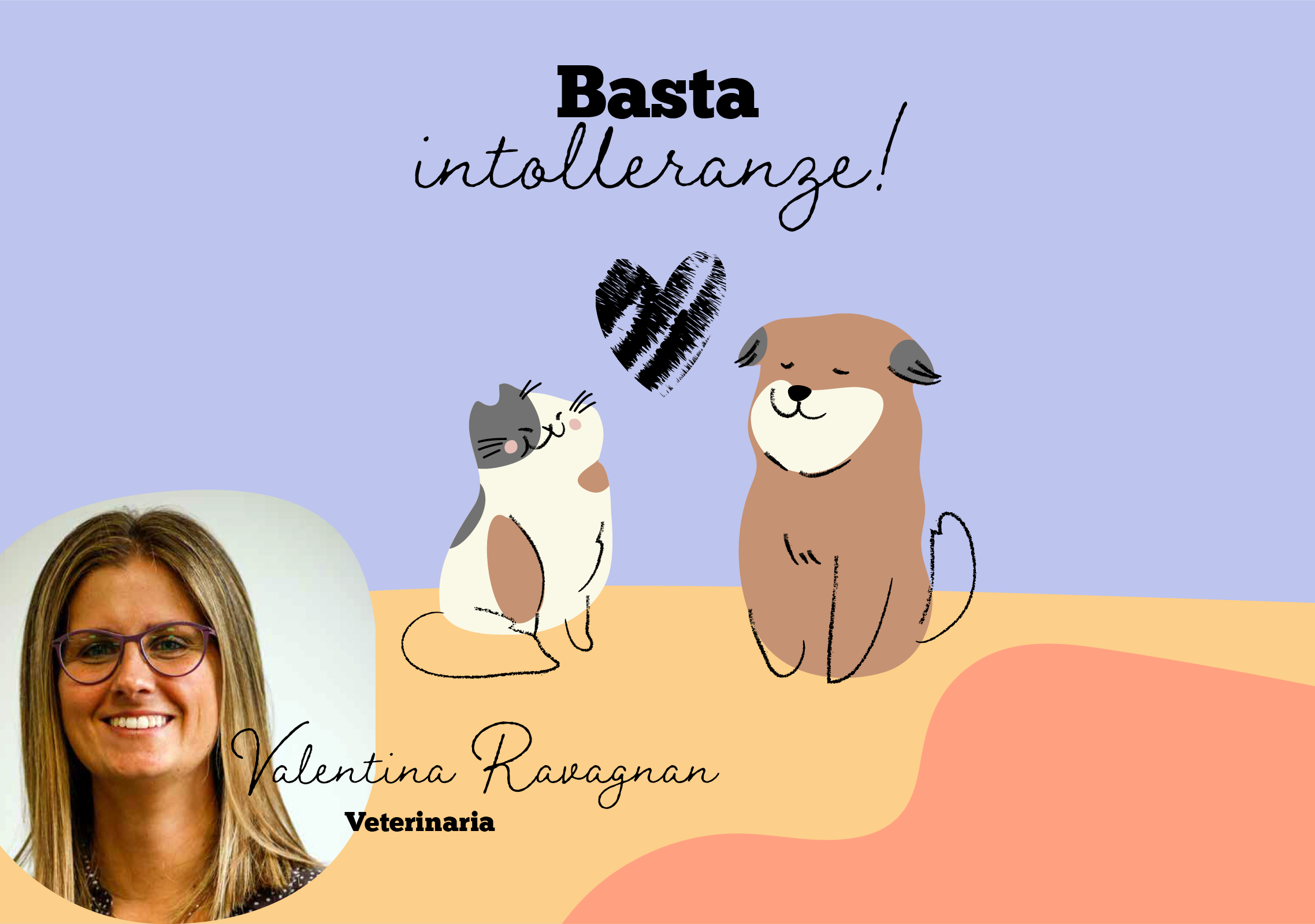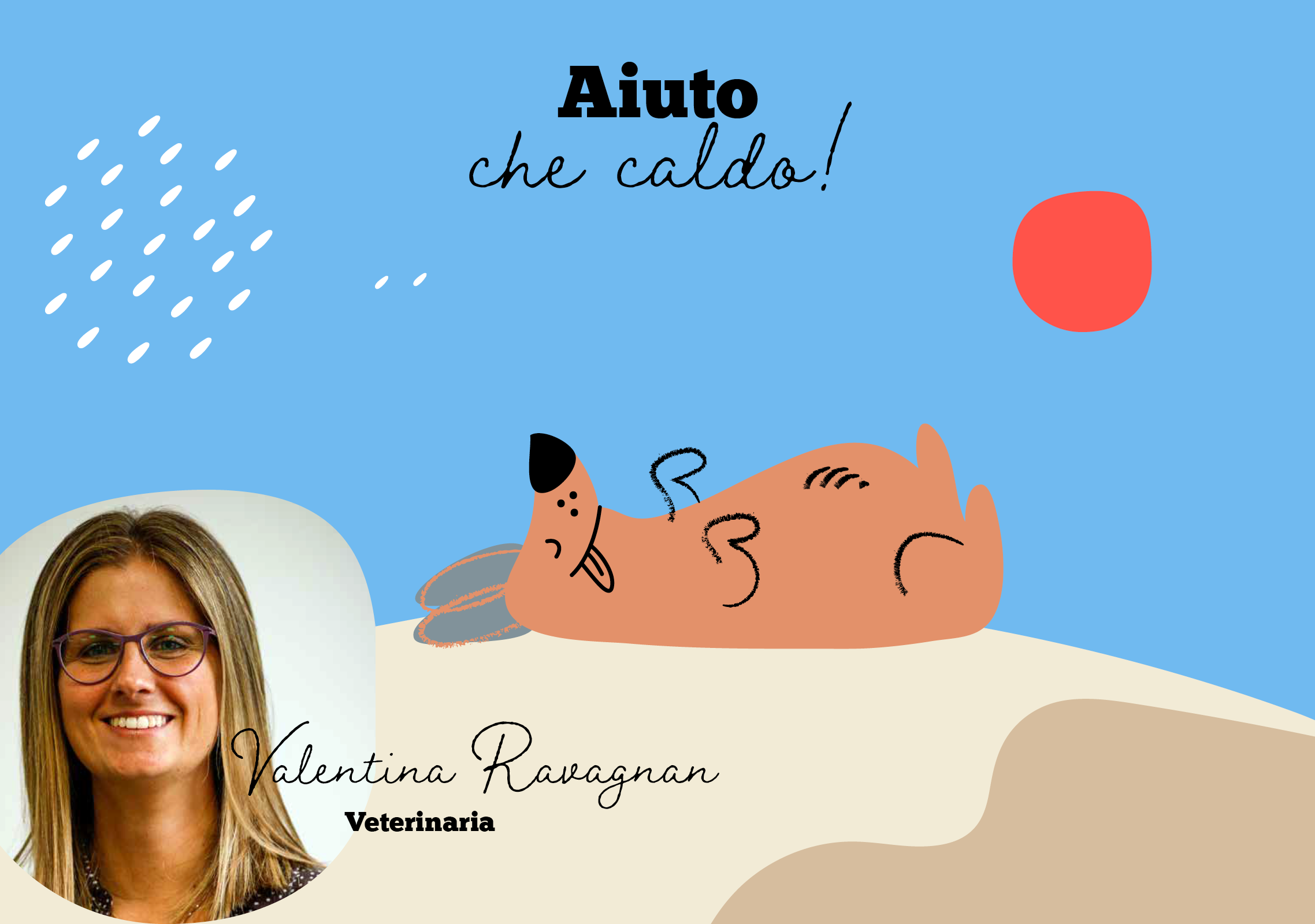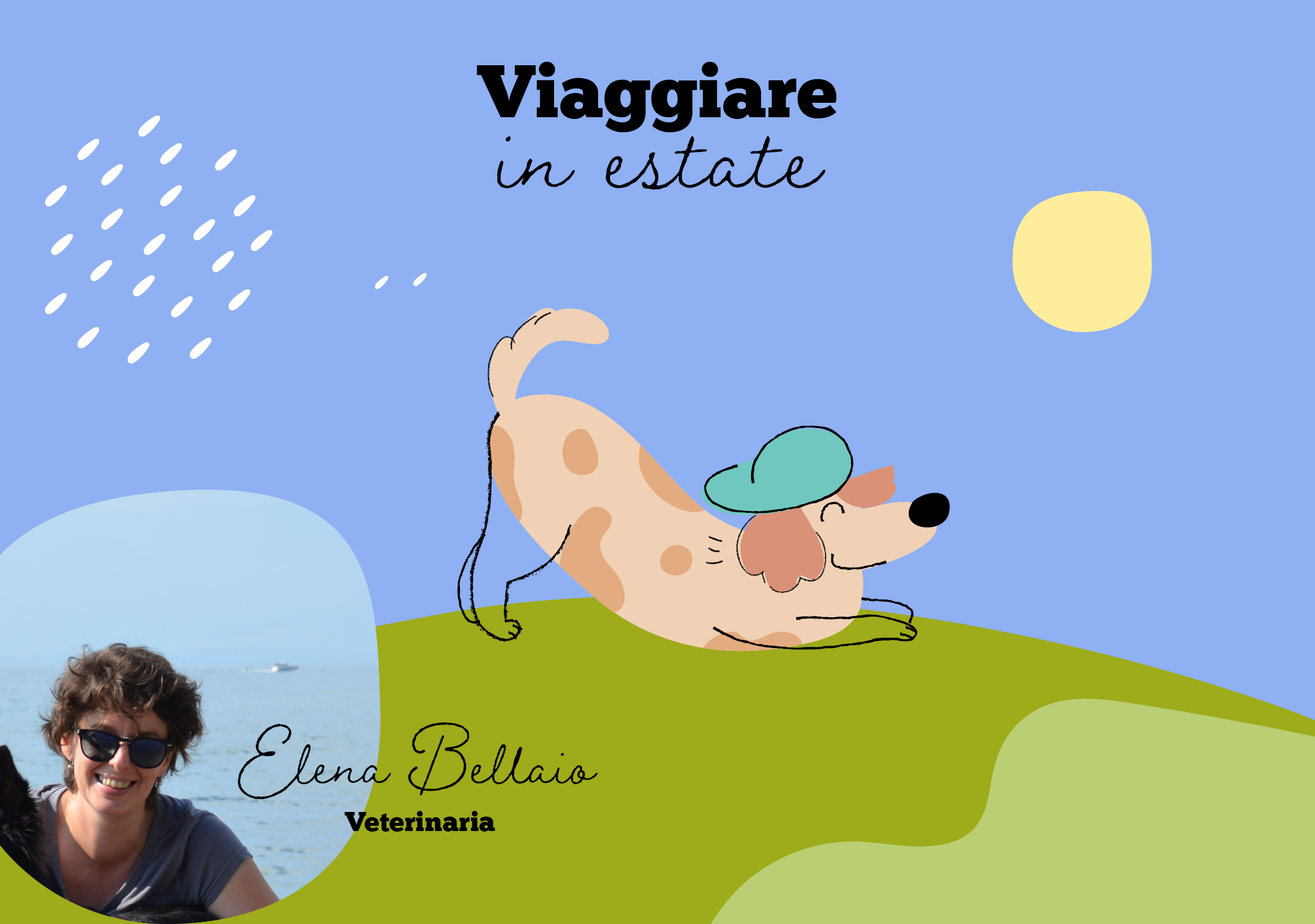DIARRHEA IN DOGS
Diarrhea is a manifestation of the digestive system which consists of an increase in the quantity, frequency and consistency of stools, which are softer or more liquid. In most cases it is an acute disorder, i.e. a symptom attributable to an episode that occurs suddenly and usually goes away just as suddenly, with a few exceptions.
Diarrhoea is a mechanism that is triggered to accelerate the transit of substances in the intestine and the causes may be different, some fairly easy to identify, others more complex and, for this reason, a visit to your vet may be very important.
In the puppy in particular, the intestinal balance is rather delicate and it is advisable to take action and understand the causes before the problem becomes more serious, especially if the puppy in question has not yet been vaccinated or has not had its first vet visit.
In the case of diarrhoea, the vet will usually first ask the owner some general questions to find out what the most plausible cause might be, given that there are many different reasons for this symptom.
Before delving into these possible causes, we would like to point out that food plays a key role in your dog's digestion and also in the possibility of this symptom occurring. Poor quality food is more likely to lead to inadequate absorption of nutrients, with all the consequences that this entails. A quality food with easily digestible protein, on the other hand, is beneficial to your dog's health and wellbeing. In general, supporting your dog during diarrhoea with food supplements that help intestinal function is undoubtedly an important support, and Enterosalus may be the right product. If your dog shows this symptom due to a problem of food intolerance, remember to choose with your vet a food formulated with only one animal protein source so that he can regain the right balance and physical wellbeing. The Aequilibriavet line can help you with its wider range of mono-protein products.
A rather frequent cause of diarrhoea is certainly the ingestion of some food or other substance that is not suitable for ingestion, such as fertilisers, other toxic substances (which often cause vomiting first) that cause episodes of diarrhoea, which can resolve themselves but often require veterinary care. Caution: The wrong medication can also lead to this symptom. Never leave medication within reach of your dog's paw: even if it is just for fun, your dog may want to play with the medication blister pack and swallow it by mistake.
Watch out for food that has gone bad - sometimes you don't think about it, but it can happen that it is accidentally given to the dog or that the dog finds some leftovers in the rubbish bin full of bacteria.
Food intolerances, which are so often a major factor in our dogs' health, can also manifest themselves in episodes of diarrhoea, which is initially acute but can become chronic over time. A food that is not tolerated, if it does not provoke vomiting, reaches the intestine, where it is not digested and assimilated in the correct way and therefore causes a reaction in the dog that induces softer and more frequent stools up to real episodes of diarrhoea with very liquid stools and frequent emission.
In these cases the diagnosis is more complex and a specific diagnostic course with your vet is essential.
Sometimes even a simple change in diet that is too rapid can cause episodes of diarrhoea. In this case, however, it is often resolved quickly and without any special intervention.
Among the causes of diarrhoea we should not forget viral or bacterial infections. Although fortunately, with vaccines, infections with parvovirus and other viruses are less frequent, there are still bacterial infections (such as Salmonella or Coli) that can lead to an increase in the frequency and liquidity of stools. In this case, the symptom diarrhoea is protective because it helps the body to eliminate the toxins that these bacteria produce. However, it is important to get help from your vet for treatment, the use of probiotic and prebiotic supplements to restore the intestinal flora and support with hydration.
Another reason for diarrhoea is the presence of intestinal parasites. This is usually more of an issue with puppies that have not yet been wormed, but it is also not uncommon with adults. Intestinal parasites can be of various kinds, from the classic nematodes (roundworms) to much smaller and more difficult to eradicate protozoa such as Coccidae and Giardia. For this reason, the first check carried out by your vet is a simple examination of the faeces to identify the presence of these parasites, their type and, consequently, the best medicine to use.
To avoid having a real infestation, what the vet usually advises is to carry out a periodic check of the faeces (a couple of times a year) to monitor the presence or absence of these unpleasant guests, and to be able to intervene before the situation leads to more important symptoms.
Remember that our dogs frequent parks and meadows where the presence of parasites is fairly constant: good prevention is the first weapon of defence for our four-legged friends!
This is just an overview of the possible causes of diarrhoea, but remember that a visit to your vet is the most reliable way of helping you to understand with more certainty the cause of this very common symptom and to advise you on the most correct treatment.
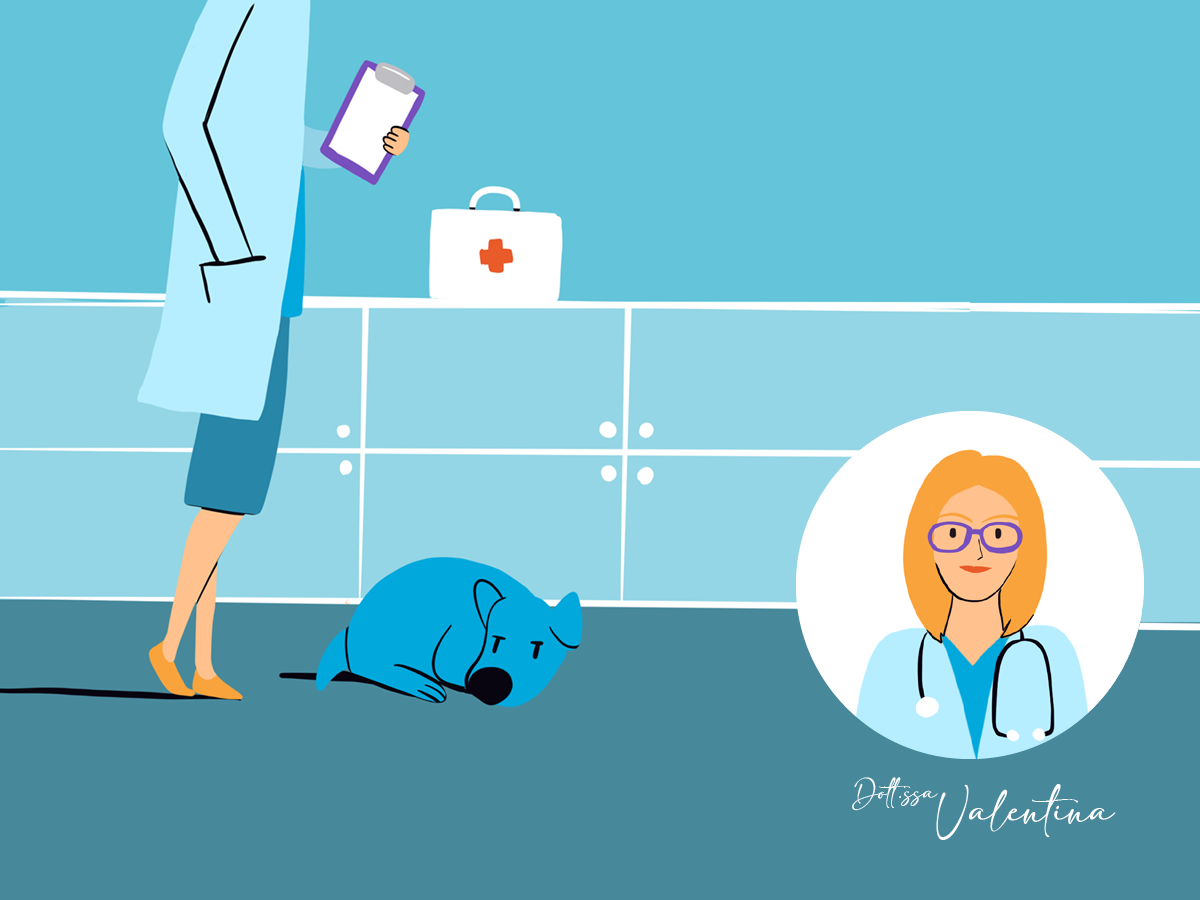
The arrival of autumn and the resulting cold weather is certainly a time of great interest for anyone with a dog or cat, especially if the animal is elderly or suffers from joint problems.
I prodotti monoproteici hanno preso parecchio spazio sugli scaffali dei nostri petshop preferiti. Ma cosa vuol dire alimento monoproteico?
Especially during the hottest months of the year, thermal changes and high temperatures can be really dangerous both for us humans and for our inseparable animal friends. What are the risks of so-called heatstroke? And what are the best ways to prevent its consequences? Let's find out together!
